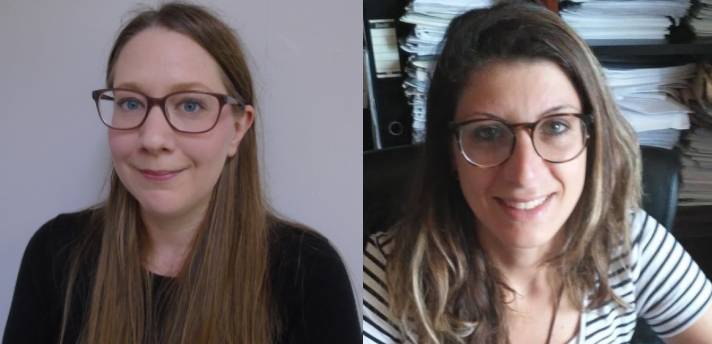Two new British Academy grants awarded to projects in the Centre for Criminology and the Bonavero Institute for Human Rights
Associated people

Leah is a post doctoral fellow in the Bonavero Institute and Worcester College. The grant will be used to fund an international conference in Oxford for her project “Following the Science: A Legal and Democratic Challenge” which examines whether, in a democracy and in situations such as a pandemic, the voice of science should prevail.
In a democracy, it is usually said that scientists should be ‘on tap but not on top.’ This project asks if that is always true, and considers the challenges for democracy if it is not. It asks if whether during certain kinds of crises – pandemics, climate change, natural disasters – the usual rules and roles in democracy do not apply. It then tries to identify what, if anything, might make these types of scientific questions special. The nature of scientific questions matters because the division of labour in democracies between ministers, advisors, and judges, is meant to reflect the types of questions these actors can and should answer. Following the science during scientific crises is laudable, but it also creates legal and democratic challenges. This project aims to analyse those challenges, and to identify some consequences for democracy and law if scientists must sometimes be on top.
Francesca is a Newton International Fellow in the Centre for Criminology. Her project “The Gender of Margins: Shedding Light on Detained Women’s Experiences” examines the gendered experiences of women who are subject to immigration controls in the UK and Italy and has been developed in collaboration with Professor Mary Bosworth.
This project fills a knowledge gap in our understanding of the experiences of detained migrant women by focussing on time-served foreign national women prisoners who are held under immigration powers, either in prison or in immigration removal centres. Although this group is overrepresented among those in detention, no study so far has focused upon it. While many people in the UK and Italy were released during the Covid-19 pandemic, former offenders continued to be detained. This project, which will draw on participant observation and interviews with detained women and their advocates, will disseminate its findings both via academic publications and through the creation of a short animated film and a 90-second video, to inform scholarly and public understanding.
The £10,000 grant will be used for covering fieldwork in immigration detention centres and prisons in the UK and Italy, for organising a workshop and for the production of an animated film in collaboration with UK (Yarl's Wood Befrienders) and Italian NGOs (BeFree, Antigone).



